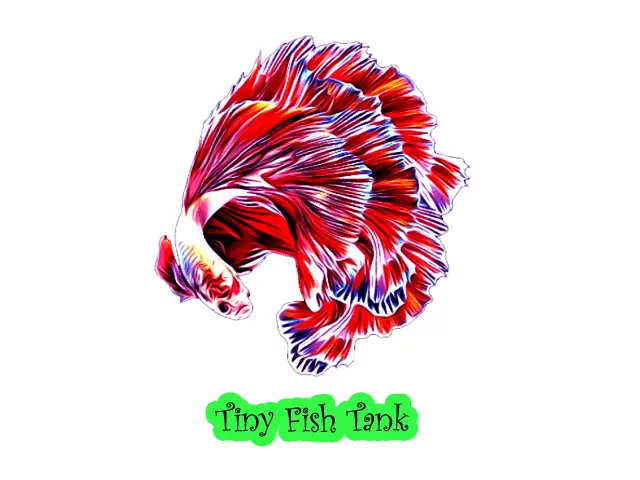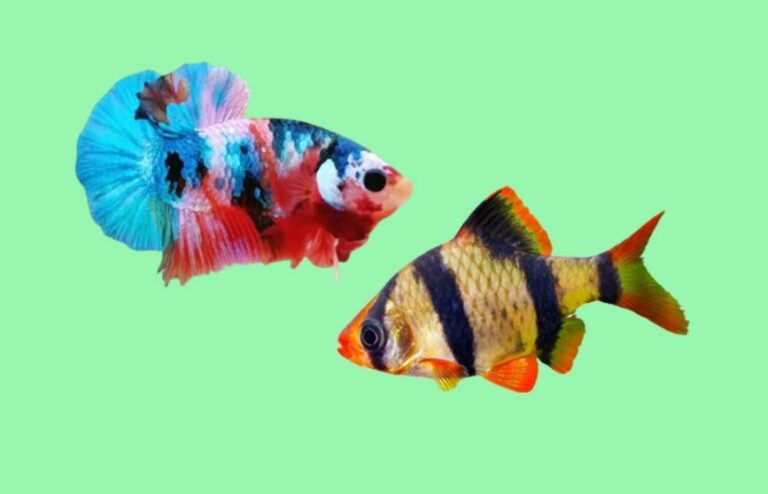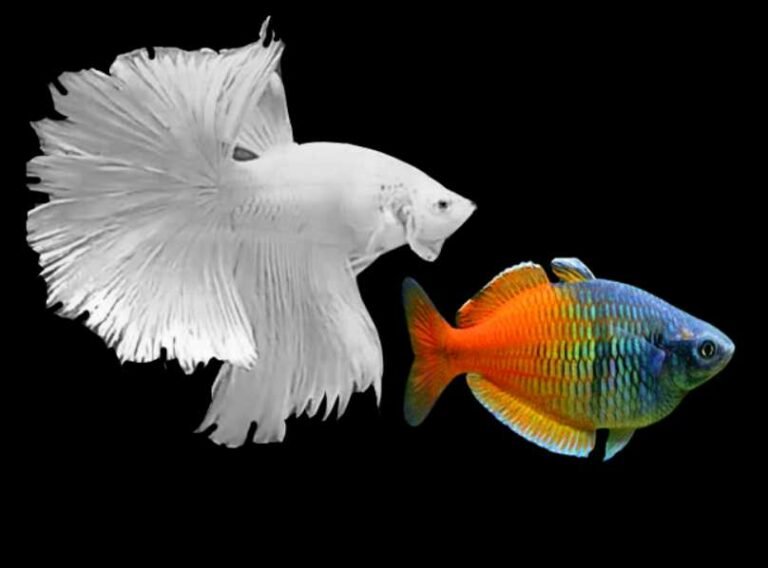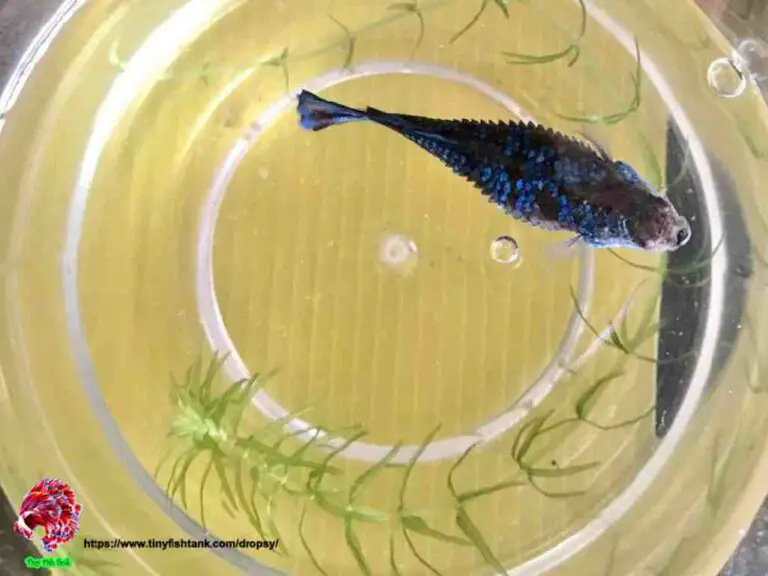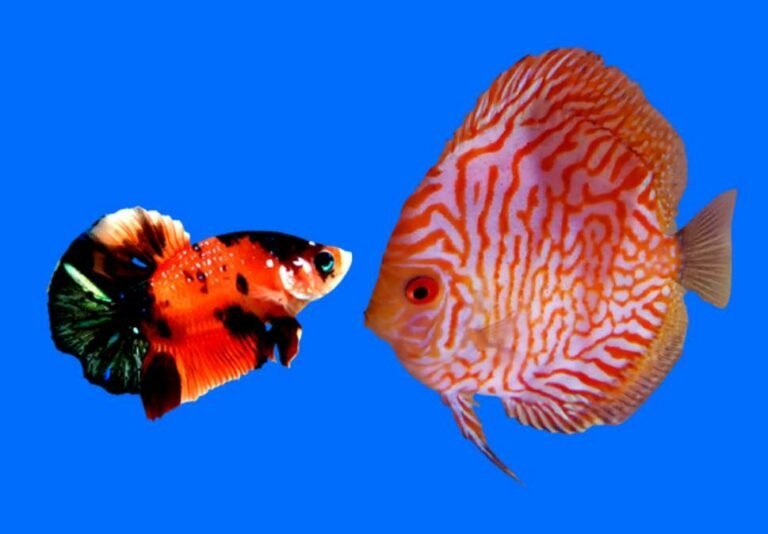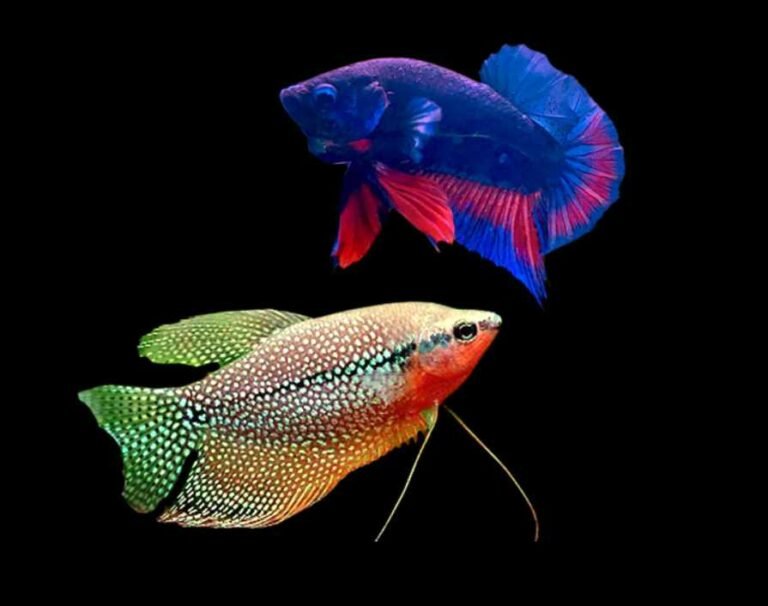Are 0 nitrates okay for a betta fish?
Lower the Nitrate in the fish tank is better for the betta fish. Therefore, fish keepers concentrate on moderating the nitrate level in the tank.
Are 0 nitrates okay for a betta fish? Zero nitrate level would not affect the betta fish, so do not worry about betta fish health. 0 nitrates is not a naturally occurring phenomenon.
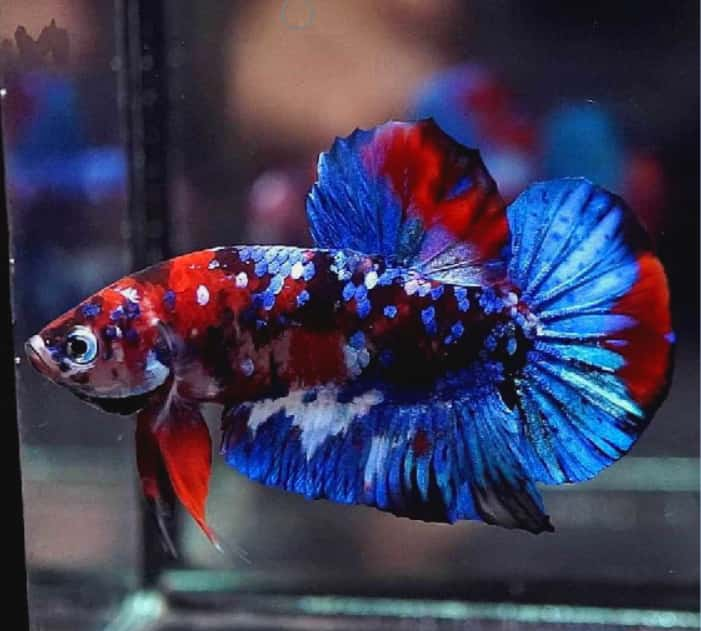
Table of Contents
- Can low nitrates kill Betta fish?
- What pH should betta water be?
- How often should I change the betta water?
- What plants absorb the most nitrates?
- Can my betta fish recover from nitrate poisoning?
Can low nitrates kill Betta fish?
No. The low Nitrate will not kill the betta fish. Nitrate is the by-product of the fish digestive system as the waste product gets mixed up in the water and produces the nitrates. The low Nitrate is suitable for the fish.
However, Nitrate is essential for the plants to grow. Therefore, keeping the nitrate level in the moderated form would help both fish and plants have sustainable growth.
The high amount of Nitrate is lethal for the betta fish. The chemical would develop health problems in the betta fish. Different types of fish react differently to the level of Nitrate.
Some fish are not immune enough to protect themselves from the low nitrate content, whereas others are strong enough to survive at the high nitrate level.
Hence, you are advised to perform the water change every 10 to 15 days to keep the nitrate level in control. However, even if you miss changing the water in your routine, the fish can stay during this period.
What pH should betta water be?
The pH level in the betta fish water should be between 6.8 to 7.5. Therefore, Betta fish would require calm water. Fish can survive in the cool temperature for few days, but the cold temperature may have a harmful side effect on the betta fish.
Fish would become inactive during this period, and mostly the cooler water temperature is harmful to the betta fish. Fish become susceptible to the disease when their health is compromised. Therefore, keep the water temperature between 76 and 85 degrees Fahrenheit.
Read More About :- https://www.tinyfishtank.com/can-parrotfish-live-with-a-betta/
How often should I change the betta water?
Betta fish is susceptible to the water condition. Small changes in the water can harm the health of the fish. In most of the case, the fish become inactive when the water condition not favorable.
A small percentage of the water changes about 10 to 20% once every 7 to 10 days would replace the contaminated water and offer more nutrition to the fish to survive. Nitrate levels also get moderated with the water changes.
When the betta fish is kept in the aquarium without a powerful filter, the water change should be performed at a large scale. About 20% to 30% of water changes require when the water becomes dirty and rich in Nitrate.
Even everything looks fine in the aquarium, and the small water changes are also better to keep the fish in a healthy environment.
Are 100% water changes bad for betta fish?
Yes. Sudden changes in the water condition to the complete freshwater would affect the health of the betta fish. The most common symptoms are anxiety and stress.
Due to that, the fish would start behaving strangely. It will stop eating and become accessible to various viruses that take over the fish.
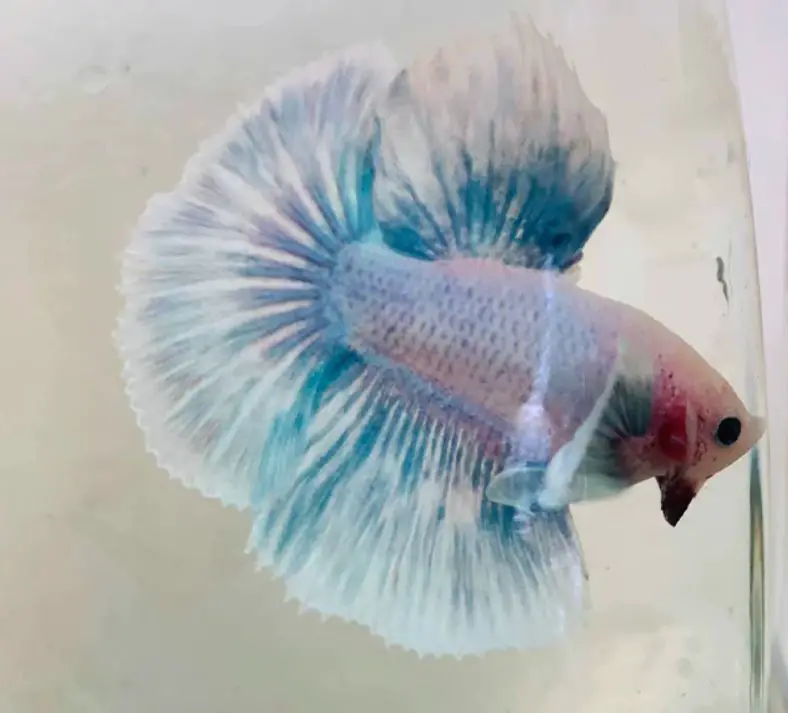
Another problem with the 100% water changes is the chemicals found in the water. Even if you have bought the water from your household tab, there is always a chance of the local government’s chemicals in the water used to clean the water.
Using the tap water directly without treating them is harmful to the fish.
Do not put the betta fish directly into freshwater. These fish are found in the forest in the muddy and running river water. They are not immune to deal with freshwater containing different types of chemicals.
Large water change would cause the fish to drastically shift their biological system to the new condition, which will harm the fish. The fish cannot tolerate the immediate change in the water and may die. You should avoid the 100% water change and allow the water to become favored.
What plants absorb the most nitrates?
A high level of Nitrate is not suitable for the betta fish. Plants consume Nitrate to produce the food and help them to grow faster. The water condition in the tank stays in control when you use the right plants in the tank.
Following are the plants suitable for absorbing the Nitrate and control the water condition for the betta fish.
- Java Fern
- Betta Bulb
- Sword Plant
- Vallisneria
- Marimo Moss Ball
- Anubias
- Cryptocoryne
- Water Sprite
Can my betta fish recover from nitrate poisoning?
Yes. Betta fish recovers from nitrate poisoning as soon as the water condition changes. However, the experience of the poor Nitrate would stay with the betta fish, and whenever the fish sense the growing Nitrate in the water, they will start behaving unusually.
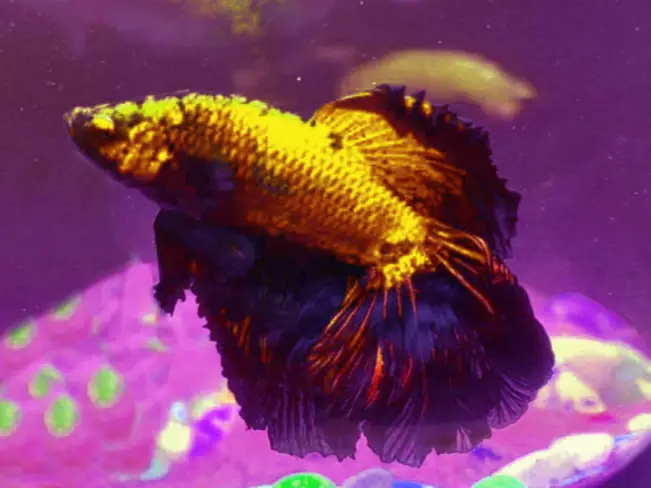
The betta fish becomes very sensitive the Nitrate and may affect their health in the long run.
In the worst condition, the Nitrate may cause a lethal effect on the betta fish. The high level of Nitrate in the tank may kill the fish within 24 hours. It would help if you controlled the water condition using the digital meter that indicates the pH level and nitrate compound in the water.
Take action instantly as soon as you detect the growing nitrate level in the tank. Run the significant water changes and plant some trees in the water if you do not have them.
Clean the filter regularly
The plant controls the nitrate level and keeps the water condition favorable to the betta fish. The waste product is the primary contender for the increased Nitrate in the water. Clean the filter regularly to remove the trapped particles.
The water may appear clean, but the waste trapped in the filter will contaminate the water and produce various chemicals. Cleaning the filter will keep the waste product away from the tank, and the betta fish will never have trouble with the water condition.
Reduce the food intake if you find the fish is not eating the food, and most of it is tank down to the bottom.
The food remaining also increases the nitrate level, so keep an eye on the access food. Change the frequency of the food. Put the small portion of it in every few hours and avoid water damage.
Related Articles :-
https://www.tinyfishtank.com/why-is-my-betta-fish-avoiding-me/
https://www.tinyfishtank.com/why-is-my-betta-fry-growing-so-slow/
https://www.tinyfishtank.com/why-is-male-betta-not-building-a-nest/
https://citeseerx.ist.psu.edu/viewdoc/download?doi=10.1.1.455.5315&rep=rep1&type=pdf#page=31
